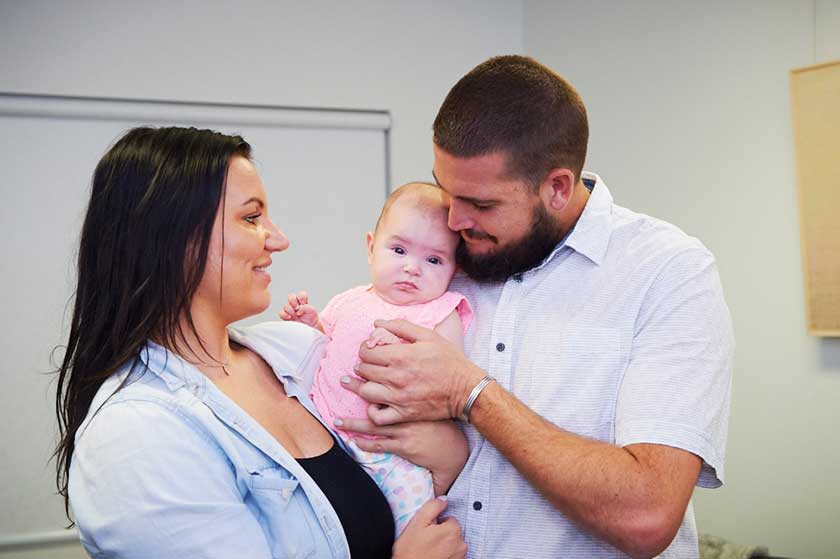People who are living with a mental illness must not only cope with their symptoms, but frequently misconceptions and community stigma about mental illness and disorders. Stigma often arises from a lack of understanding of mental illness.
Many people who are living with a mental illness report experiences of stigma and discrimination. This can expand to feelings of shame and can be an obstacle to seeking treatment and support for mental health conditions, as well as hamper ongoing recovery efforts.
For some people, their experiences have led to “anticipated discrimination”, where their current and previous experiences have led them to expect discrimination in the community in the future. This can also serve as a barrier to engaging in other activities such as employment and education and other social and community involvements.
Analysis of multiple community surveys on stigma have revealed a belief in weakness rather than the illness in those without an experience of mental illness themselves or others they knew (NSW Mental Health Commission, 2015). Self stigma, where a person internalises these public attitudes may also exacerbate psychological distress and mental illness, increasing negative consequences.
Coping with stigma is an important part of mental health recovery. The most important action is to seek treatment for your mental health condition, or support and encourage others to do so. Treatment is necessary to bring relief, and reduce symptoms that can interfere with quality of life. Seek education and knowledge about mental illness and treatments from reputable sources, as being informed is an important step towards recovery.
Choose empowerment over shame, and honouring personal experiences rather than letting community misconceptions about mental illness be the guiding force. Finding support from others who have been on a similar journey can help overcome negative self judgements and movement towards self acceptance.








